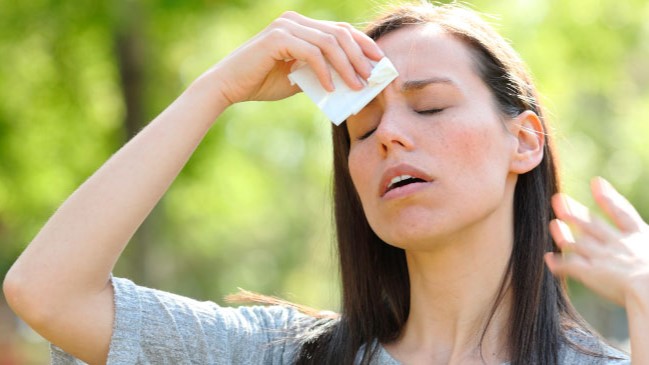
Dehydration occurs when the body does not have enough fluids for it to function properly. The intensity of dehydration depends upon how much fluid is missing from the body, and the consequences of it can range from a minor headache to even death. Due to this, it is important to stay conscious of your water intake and monitor any possible symptoms of dehydration.
Indications of Dehydration
Dry Skin
During dehydration, your skin loses water by sweating and later becomes dry, rough, cracked, cold, clammy, or less plump, which is a sign of thirst and an indication that you need to consume more fluids.
Parched Mouth
When your body does not have enough water within it, the salivary glands cannot produce saliva, thus causing a dry and sticky mouth. This causes bacteria to grow in your mouth leading to bad breath and poor dental health.
Urine
Urination is less frequent if the body isn’t receiving enough water. Furthermore, our urine is one of the most important and simplest indicators of hydration status. A pale, straw-yellow colored or clear urine shows that you are drinking enough water and that you are sufficiently hydrated. However, deeper, yellow colored urine hints that you are dehydrated. If you are not urinating at all, you should seek medical care immediately.
Constipation
Water is essential to digest the food we consume and to move the waste along the digestive tract. If the body doesn’t have enough water, dehydration is caused, which therefore leads to constipation. Constipation reduces bodily bowel movements and causes stool to look dry or like small lumps.
Blood Pressure
About 55% of the blood in our body is water, meaning that water loss can lower our blood volume and affect blood pressure. Therefore, drinking an adequate amount of water is essential for maintaining ideal blood pressure.
Fatigue
Water carries nutrients throughout our body and delivers them to where they need to be. When you are dehydrated you may feel fatigued, lethargic, and tired due to low blood pressure caused by dehydration. In severe cases, dehydration may also cause fainting. You also may feel lightheaded when you suddenly stand up after sitting or lying down. Dehydration can also cause nausea, dizziness, and headaches even if you are mildly dehydrated due to low blood pressure.
Hunger and Thirst
Studies show that adults who were dehydrated were hungrier than usual and had a higher body weight. Drinking plenty of water helps to reduce food cravings and therefore results in a lower and healthier body weight. Moreover, thirst is a sign that you are dehydrated because it is your body’s way of telling you that it is craving water.
Heart Effects
Extreme water loss lowers the blood volume within our bodies, which forces the heart to work harder to pump blood throughout the body. Therefore, a rapid heartbeat or quick breathing may be a sign of severe dehydration.
